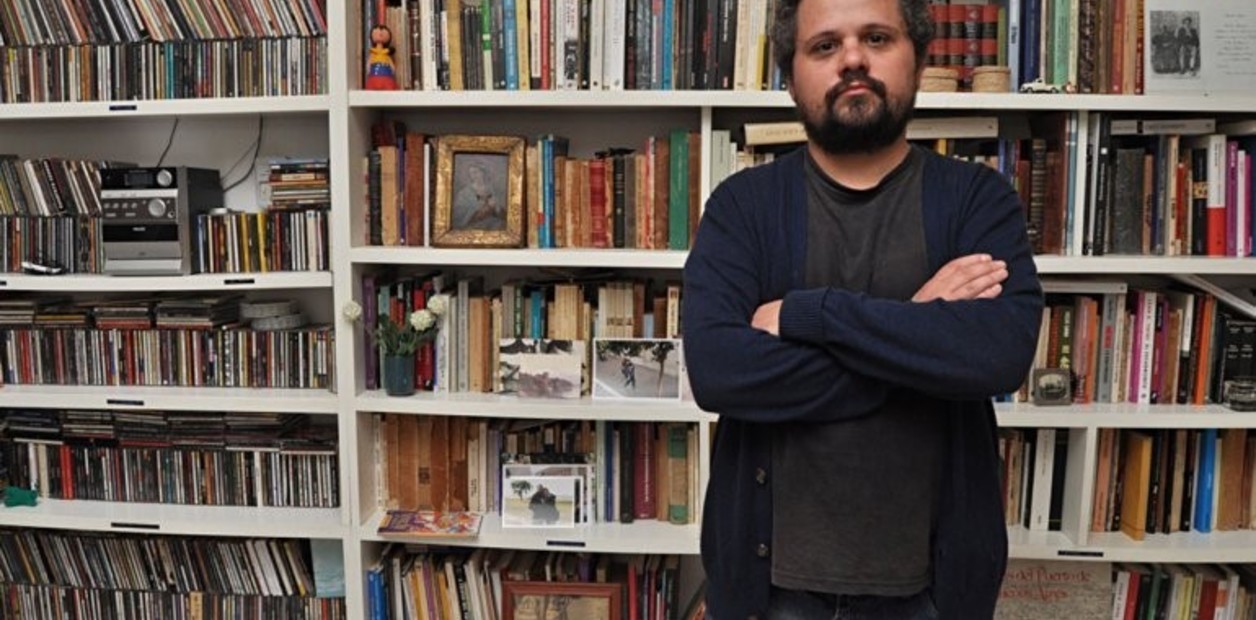
Even though generations exist, they are not homogeneous and compact wholes. The only thing that doesn’t move is death. Therefore, a generation that is alive and well is necessarily a chaotic one, one that is beginning to fully move towards itself. And if you want to see the whole picture and not miss anything, you need to keep your distance. The most fascinating distance is always time, which passes, runs, flies and resolves things at a certain moment.
When thinking about Argentine poetry, the 90s seem to be an era fixed at a point in the almanac, creating a sense of discontinuity, visibility, mystery, and renewal. There, conceived from this historical present, a generation, if it is still possible, crystallized in the imagination of a particular reader. world poetry (neutrino), from martin rodriguezand parents and teachers (hybrid), Santiago Rachtwo collections of works by poets that began publishing in the late 1990s, lead us to think that generations are much more complex than anything that lies between two dates.
Rodriguez (Buenos Aires, 1978) He is a poet who approaches his work using language from multiple overlapping aspects: the microhistorical, the colloquial, and the loopholes left by institutions. Finally, these rivers of meaning appear to merge into an ocean of existential politics, full of fear, violence, and trembling. What is it like to live when subjectivity is crushed by the oppression of such an unequal system?
Some of his titles are obvious: Salda Maternity, Paraguay. but Rodriguez He never succumbs to partisan slogans or the lure of simple extortion. His poems seek to destroy simplicity and upset common sense regarding all discourse surrounding the “poor.” It is a positioning that sees the world from a flat perspective, and it has been maintained from 1998 to 2018.
in parents and teachers, Santiago Rach ” (Buenos Aires, 1972) writes in the beginning: “I am a son of my contemporaries, one who, like many others, believed that we were the first to step onto the pedestal of beauty.” Spanning the period from 1995 to 2024, half of the text is unpublished, Lach transcends chronology and charts an evolutionary path.
The adventure moves from the territorial exterior (the political development of the country) to the intimate interior (the body and its sense of finitude). When the poet looks back on his path, he realizes that its beginnings were fraught with political, yes, partisan conflicts (Friends, Arambre, Kirchnerist Girl) Going further back, we find a path that combines melancholy, reflection, and a non-linear and simple search for understanding of transcendent love (although the poems “Father and Teacher,” “I Told You in a Dream,” and “I Am Not All Ears” are deceptively simple).
Two books can be in dialogue if they can talk about similar worlds, but reading them explodes them into different realms. world poetry and parents and teachers They are extraordinary because they embody time and yet are not fixed in place by the prisons of generations. They continued to flow until they resonated with our present.



